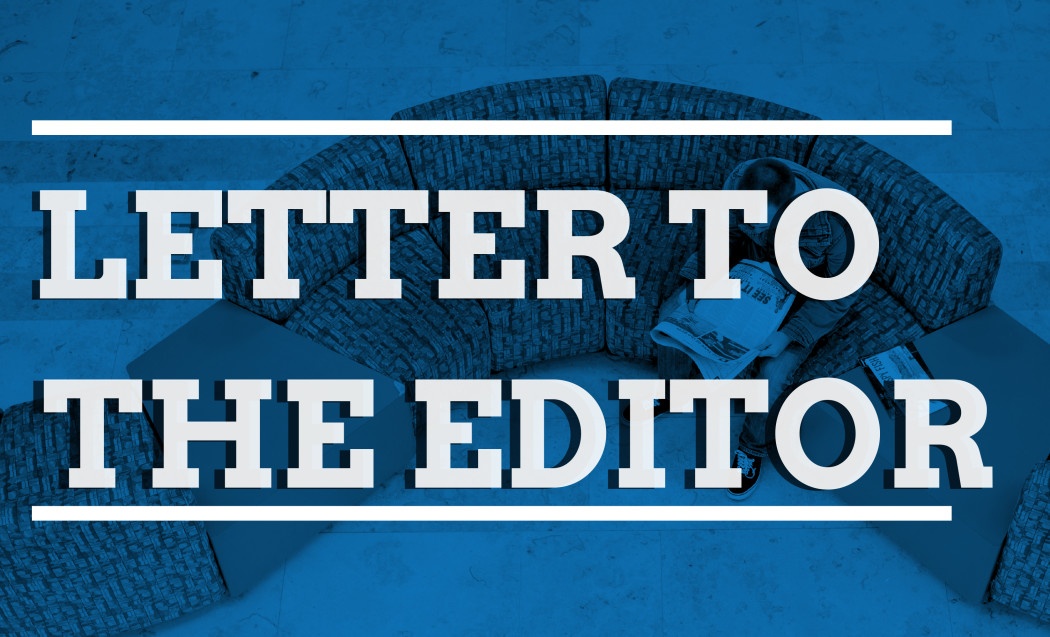Letter: Using Legislation to Address Prejudice in Juvenile Court
Annually, Utah opens over 50,000 juvenile cases, with 1 in 3 resulting in, at least, one felony charge. Now, the Utah Courts website hasn’t updated their statistics in about a decade, however, Utah Juvenile Defense Attorneys has. When reporting the aforementioned annual estimate to one of UJDA’s lawyers, he responded, “That sounds accurate. That number might be higher, actually, but 50k, it’s reasonable to me.”
While you contemplate that annual estimate (which is double the number of students enrolled at USU), I want to demonstrate how prejudice is impacting these 50,000 cases. Imagine this hypothetical case, a 17-year-old you is driving to work after dropping off a friend. Bright blue and red lights flash in your review mirror and you pull over. The officer explains that one of your taillights is out and asks if you’re able to get it fixed. You explain, yes, this is your mom’s car; you’re taking to work, and you’ll let her know. The officer nods then take off his sunglasses while asking about the THC vape in the passenger seat. Oh no! The vape isn’t yours; it’s your friend’s. Maybe your friend is also underage, but it’s not yours! The officer calls dispatch.
Now rethink this situation replacing yourself with other 17-year-olds. What if the teenager was black or identified as female? Do they have a past record? Are they driving through a city with gang violence? Each of these questions connect to thousands of Utah cases, and thousands of Utah’s youth.
I currently intern at UJDA, hence the earlier quote, and observe prejudice in how professionals interact with youth during a juvenile “justice” instance. This prejudice doesn’t start or stop with the initial police interaction; it effects how teenagers are treated throughout the system. In addition, unfair treatment isn’t necessarily contained by addressing race or gender identity alone. It seeps into every crack of the system, down to the legislation itself.
In May 2022 two bills were passed with amendments related to juvenile justice. H.B.0299 “requires a minor to be advised of the minor’s rights in detention” and H.B.0055 “amends the requirements for services provided by the Division of Juvenile Justice Services,” to be granted to those impacted by the system until age 25. While these bills start to patch the cracks of judicial prejudice, they don’t provide palpable solutions; they do, however, provide hope, and identifies the avenue for change needs to start with legislation.
Whenever a topic of advocacy arises, initial efforts attempt to face a problem head on. However, telling your local police not to be prejudice isn’t going to enact long-term change. When opportunities arise, legislation arms advocacy measures with real power and consequence.
To abolish prejudice in juvenile courts, ideology needs to shift. This process is long, difficult, and frustrating. However, changing legislation (having prejudice addressed by law) is the place to focus. I can’t adequately sympathize with the thousands of families impacted by the prejudice in Utah’s justice system, but I can join in fighting for change.
Natalie Lott is a student at University of Utah in their Masters of Forensics Social Work program. She is a USU alumna and worked at Student Media during her undergrad.
— nat1999@outlook.com
References
“H.B 0229 Juvenile Justice Changes” Utah State Legislature, 22 March. https://le.utah.gov/~2022/bills/static/HB0299.html. Accessed 30 September 2022.
“H.B. 55 Juvenile Justice Services Amendments” Utah State Legislature, 23 March. https://le.utah.gov/~2022/bills/static/HB0055.html. Accessed 30 September 2022.

